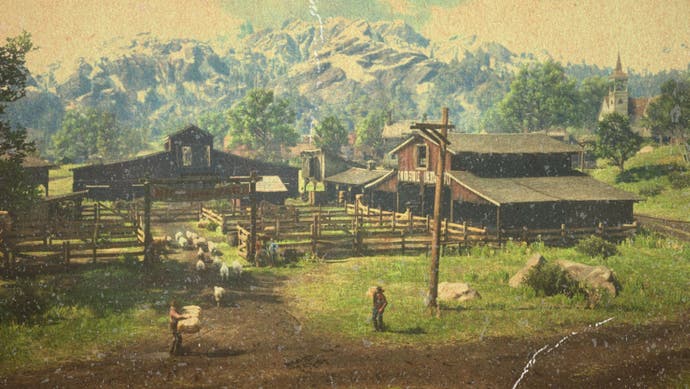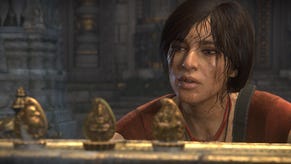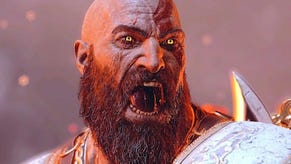Rockstar's history of America
What do Rockstar games tell us about American history?
There is a familiar pattern to media coverage whenever Rockstar publishes a game. There is talk about how the developer has used its newest game to iterate upon and redefine the open world genre. There are almost always articles on how various Hollywood films influenced Rockstar's development process. And there are at least one or two polemics that attack the developer for transgressing established norms about what can and cannot be done in video games. This last type of essay inevitably concludes that video games are bad, and lead to an increase in interpersonal violence as well as the downfall of civilisation.
What's interesting about this pattern of coverage is how often it overlooks Rockstar's own development and publishing habits, most notably the company's steady development and publication of games set in the past. Indeed, if we were to remove the typical narrative surrounding Rockstar games related to game mechanics, cinema and satire, we might instead see Rockstar as a publisher of historical games on par with Firaxis (Civilization), Paradox (Crusader Kings and Europa Universalis), or Ubisoft (Assassin's Creed). It's now commonplace to see articles, podcasts and videos criticising those publishers' appropriation of the past, but Rockstar remains remarkably unscathed even though the company has developed and published a series of games that, taken together, chronicle modern American history. These games include Red Dead Redemption 2 (set in 1899), Red Dead Redemption (1911), L.A. Noire (1947), Grand Theft Auto: Vice City (1986) and Grand Theft Auto: San Andreas (1992).
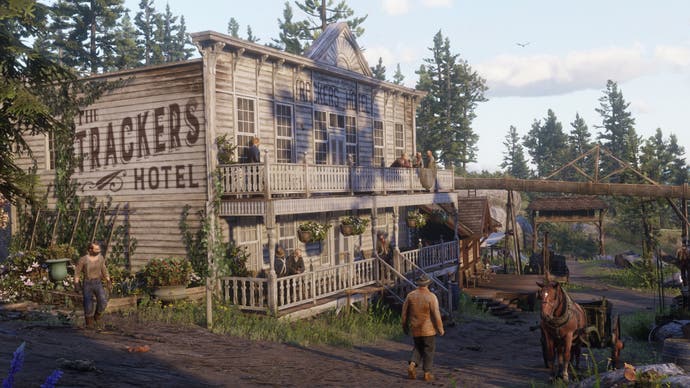
Whenever one attempts to analyse the history in historical fiction they'll always run into the hand-waving argument that "it's fiction, not history". This defense has been used by Red Dead Redemption 2 lead writer Dan Houser, who stated recently: "[the game] may be a work of historical fiction, but it's not a work of history.". Yet we know popular historical fiction often plays an outsized influence on the way the public remembers historical figures or important time periods. Consider, for instance, the impact of Shakespeare's plays on the reputations of Cleopatra and Richard III. Or the importance of Saving Private Ryan to public commemorations of D-Day. To take an example from my own life, I've probably had more conversations with students on the influence of Blackadder Goes Forth on our memory of the First World War than I've had on the actual history of the First World War (although that probably says something more about the quality of my teaching than anything else). The truth is better than fiction, but it's often the fiction we remember the best.
If we can recognise the importance of Shakespeare's use of history, can we not do the same for a game developer that just netted $725m from a historical fiction? If yes, what do Rockstar's games tell us about American history? Most obviously, Rockstar's games highlight the importance of crime in the history of modern America. Focusing on this topic not only allows Rockstar to drop the player in an exciting gameplay environment, but also allows the developer to dwell on two of the more stupendous characteristics of modern America: rapacious capitalism and gun violence. The commonality of gun violence in all of Rockstar's historical games goes without saying, but it is worthwhile to spend a moment on the role of capitalism in these titles. Whether it's Leviticus Cornwall in Red Dead Redemption 2, Leland Monroe in L.A. Noire or Avery Carrington in Vice City, business magnates make up some of the more memorable characters in Rockstar games. In almost all these instances the player is put in opposition to these characters and their goal of a 100-hour work week.
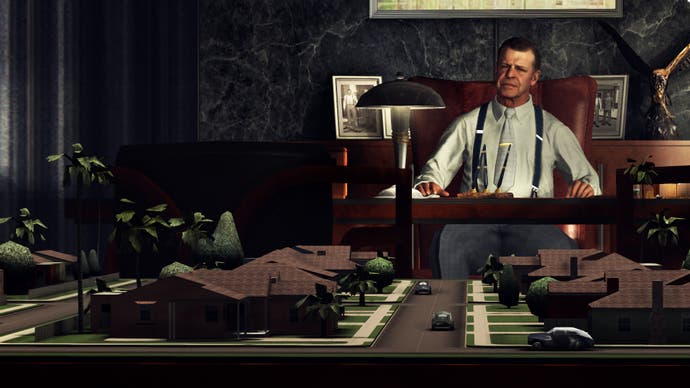
This opposition is important because it plays into the general perspective of the player in each of these historical games. The player characters in Rockstar's histories are outsiders who bristle against the established order, whether that order is embodied by corrupt government (as in the Red Dead series and L.A. Noire) or powerful, corrupt individuals and gangs (Vice City and San Andreas). This position is foreign to most historical fiction, wherein the reader or viewer is typically given the perspective of a leading historical figure or someone closely adjacent. Think, for example, of players assuming the role of a world leader in Civilization or rubbing shoulders with Leonardo da Vinci in the Assassin's Creed series.
Although the player's perspective in Rockstar's historical games stands outside most historical fiction, it matches well with the sensibilities and themes in modern American history. As someone recently bombarded by midterm election campaign ads, I can tell you that the idea of a maverick, outsider candidate riding into town to clean up corrupt, established systems is unfortunately more than just a fictional trope. Moreover, L.A. Noire and San Andreas' long plotlines involving police corruption and brutality appear more relevant than ever. Rockstar's histories also capture America's longstanding wariness, if not outright hatred, for intellectuals and intellectualism, which itself is often a natural corollary to an anti-establishment perspective. Red Dead Redemption stands out in this regard with the racist, cocaine-addled Yale professor Harold MacDougal. Vice City, however, also contributes to this theme with the radio station Vice City Public Radio (VCPR), which attempts to satirize the intellectual concerns normally discussed on NPR.
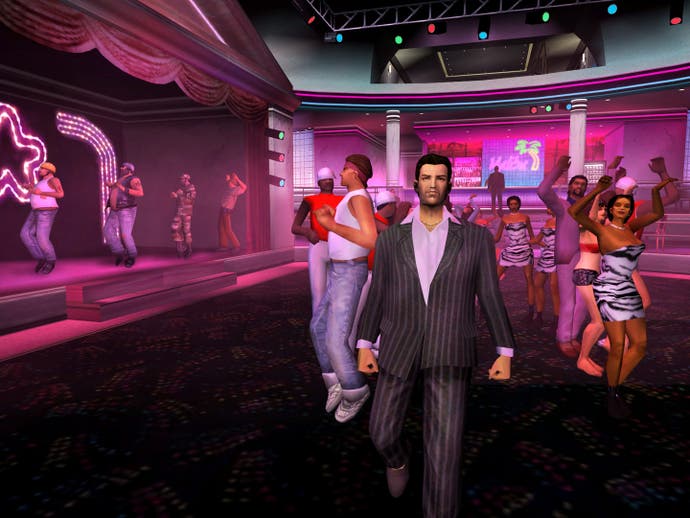
While Rockstar's histories capture an accurate sensibility of American history regarding capitalism, intellectualism, and violence, there's nevertheless a gaping hole in that narrative regarding race and gender. Red Dead Redemption, again, stands out in the worst way in this instance, with women appearing primarily as prostitutes or damsels, Indigenous Americans depicted as violent drunks, Mexicans shown as backstabbing sex-crazed lunatics, and African Americans not appearing at all. I've often read that these problems relate more to the source material Rockstar drew from for Red Dead Redemption - namely Spaghetti and Peckinpah Westerns - rather than any innate desire to replicate racism and sexism on the part of Rockstar itself. This excuse didn't work in 2010 and certainly doesn't work now. Even though Rockstar seems to have learned from past mistakes with noticeable changes to the makeup of characters and characterisations in Red Dead Redemption 2, a great deal of damage has already been done. Yet, in this regard, Rockstar's histories share similarities with most other historical fiction, especially historical video games.
Take for instance The Oregon Trail, the primogenitor of historical video games. I've assigned this game to students in American history surveys after we've reviewed westward expansion in the 19th century. The goal of the assignment isn't simply to play the game, but to play the game with an eye to the narrative, and to concentrate on what parts of the historical narrative are not present. The two answers that most often come back are slavery and Indigenous Americans. I then ask them why they think those groups were left out, and this question usually leads to some excellent class discussion. The failures of popular historical fiction can tell us more about how we understand and remember the past than its successes.
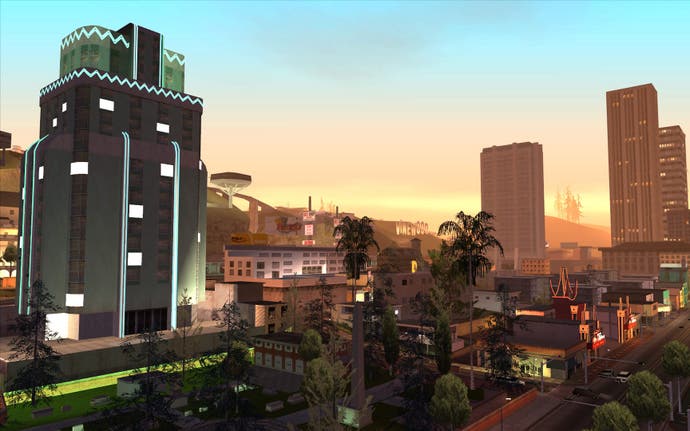
Given the successes and failures of historical content in Rockstar games, is it ridiculous to think that these games could be used in a course in the same way professors often assign historical novels and films to contextualise events? There's certainly a basis to use these games to explore many important events in American history, including the closing of the frontier, industrialisation, the postwar boom, the war on drugs, and twentieth-century ethnic/race relations. Red Dead Redemption 2 adds the Reconstruction Era and the women's suffrage movement to that list. For myself, there's little chance that a Rockstar history will ever appear on my course syllabus. They are too long, too expensive, and include too much horse drifting for my taste. Yet that doesn't mean I can't recognise the power these games have on historical imagination. A central part of the traditional media coverage on Rockstar releases is to compare the games to obvious cinema inspirations. If we need to describe how fifty-year-old films like The Wild Bunch influence Rockstar, we must also consider how Rockstar's games will influence fiction and history in the future. Given the popular success and critical acclaim for Rockstar's histories, that influence will exist independent of the wishes of the Housers and their critics.
